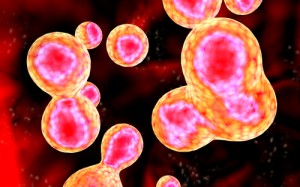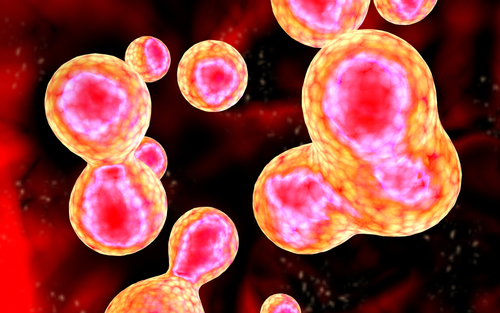 A group of researchers from McGill University in Montreal, Canada, have discovered a new protein, p66ShcA, which could become a reliable biomarker to identify breast cancers with poor prognoses.
A group of researchers from McGill University in Montreal, Canada, have discovered a new protein, p66ShcA, which could become a reliable biomarker to identify breast cancers with poor prognoses.
One of the most deadly characteristics of cancer cells is their capacity to metastasize, which means they can travel from their primary site of origin into other organs or tissues, giving rise to other malignant growths.
In breast cancer, a process called epithelial to mesenchymal transition (EMT), whereby epithelial cells lining organ surfaces come into contact with the environment, can promote metastasis. This allows tumor cells to lose mature epithelial characteristics, and gain those of mesenchymal cells, enabling them to move through the cellular matrix and into the blood stream, thus beginning their metastases to distant organs and tissues.
In their study, entitled “p66ShcA Promotes Breast Cancer Plasticity by Inducing an Epithelial to Mesenchymal Transition” and published in the Molecular and Cellular Biology Journal, the researchers reported that the p66ShcA protein plays an important role in inducing an EMT in HER2+ luminal breast cancer, by increasing the migratory capacity in these cells and enhancing signaling downstream of the Met receptor tyrosine kinase in these tumors, a protein associated with a poor prognosis in cancer.
[adrotate group=”3″]
“We showed that elevated p66ShcA expression levels are strongly associated with expression of numerous epithelial to mesenchymal transition genes in all breast cancer subtypes. Thus, p66ShcA may serve as one of the first prognostic biomarkers to identify poor outcome breasts cancers regardless of their molecular subtype.” Dr. Josie Ursini-Siegel, lead author of the study said in an American Society of Microbiology press release.
These results are clinically relevant since both luminal and Her2+ breast cancer subtypes account for about 80% of all newly diagnosed breast cancers.
“By understanding the underlying mechanisms that contribute to tumor heterogeneity and metastatic progression, including the epithelial to mesenchymal transition, we hope to be better able to guide the development of prognostic and therapeutic strategies to improve patient care,” Dr. Ursini-Siegel added in the press release.
A patient with a good prognosis can have personalized treatment in an early stage of the disease, a critical step to manage treatment and improve disease outcome.

